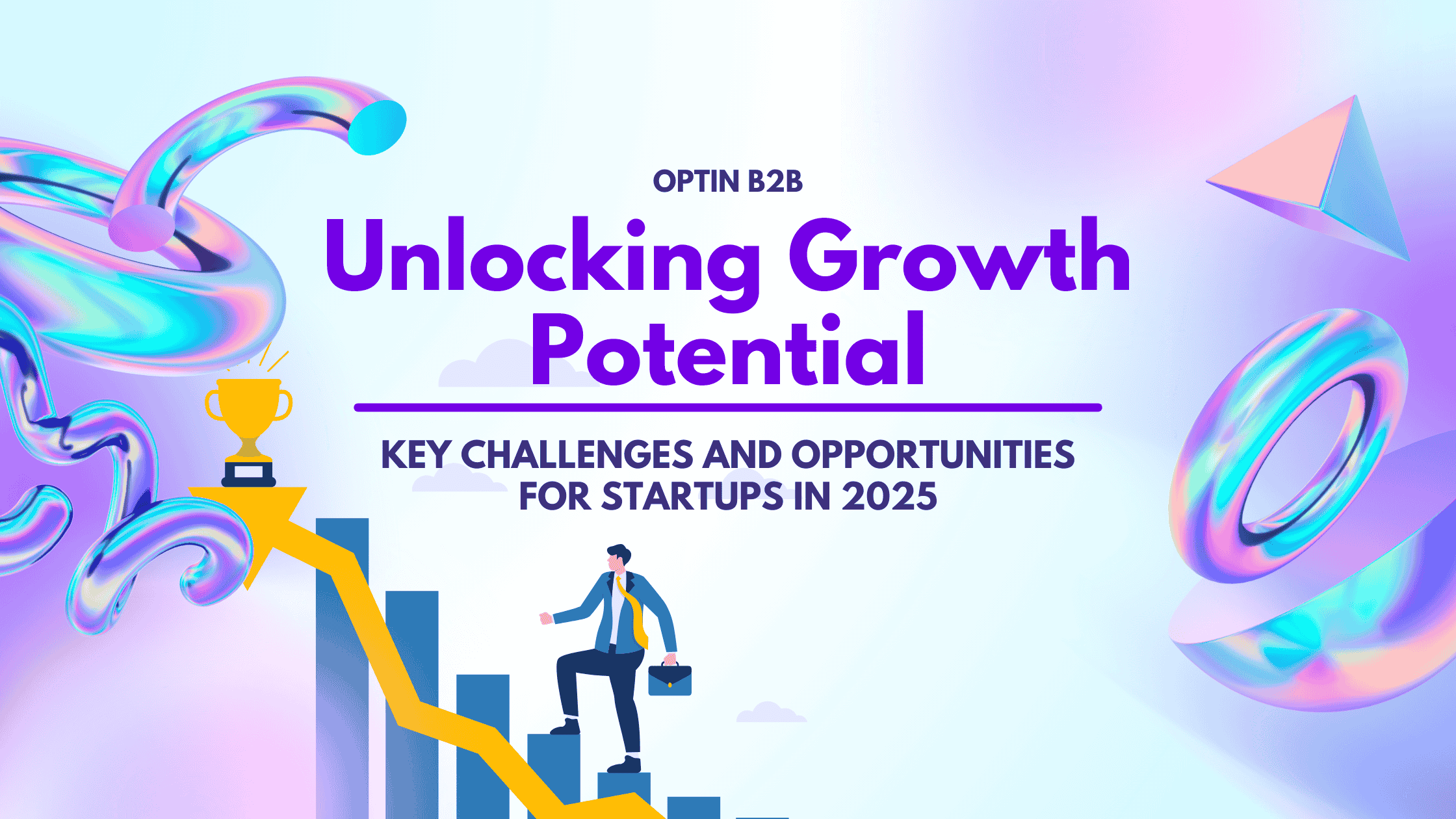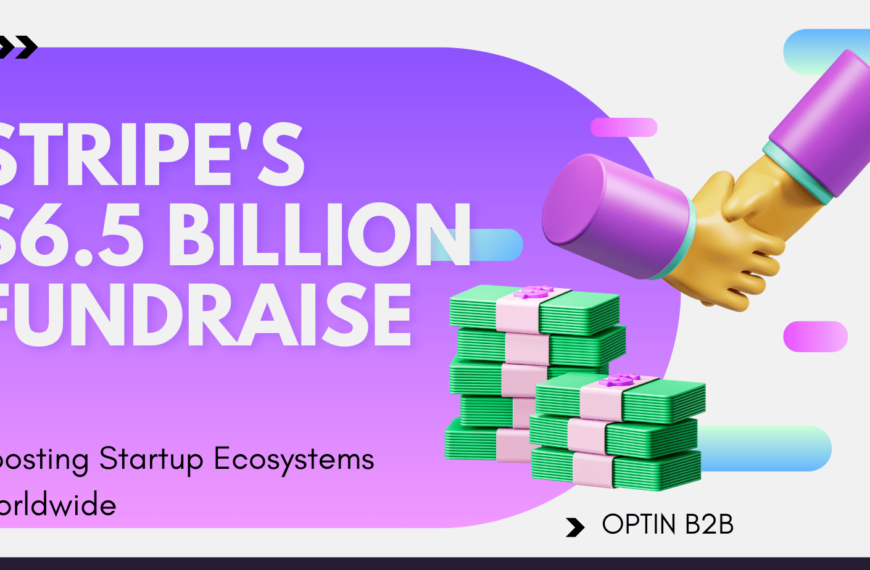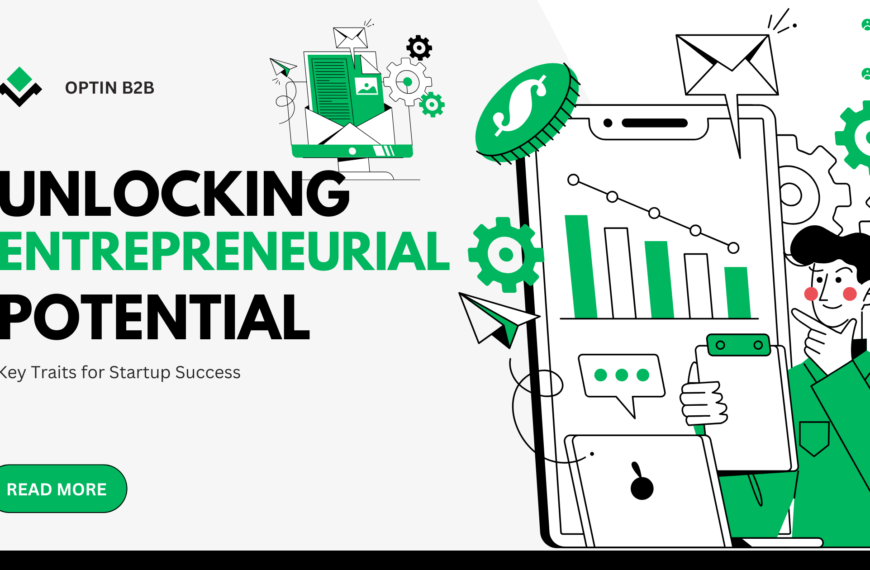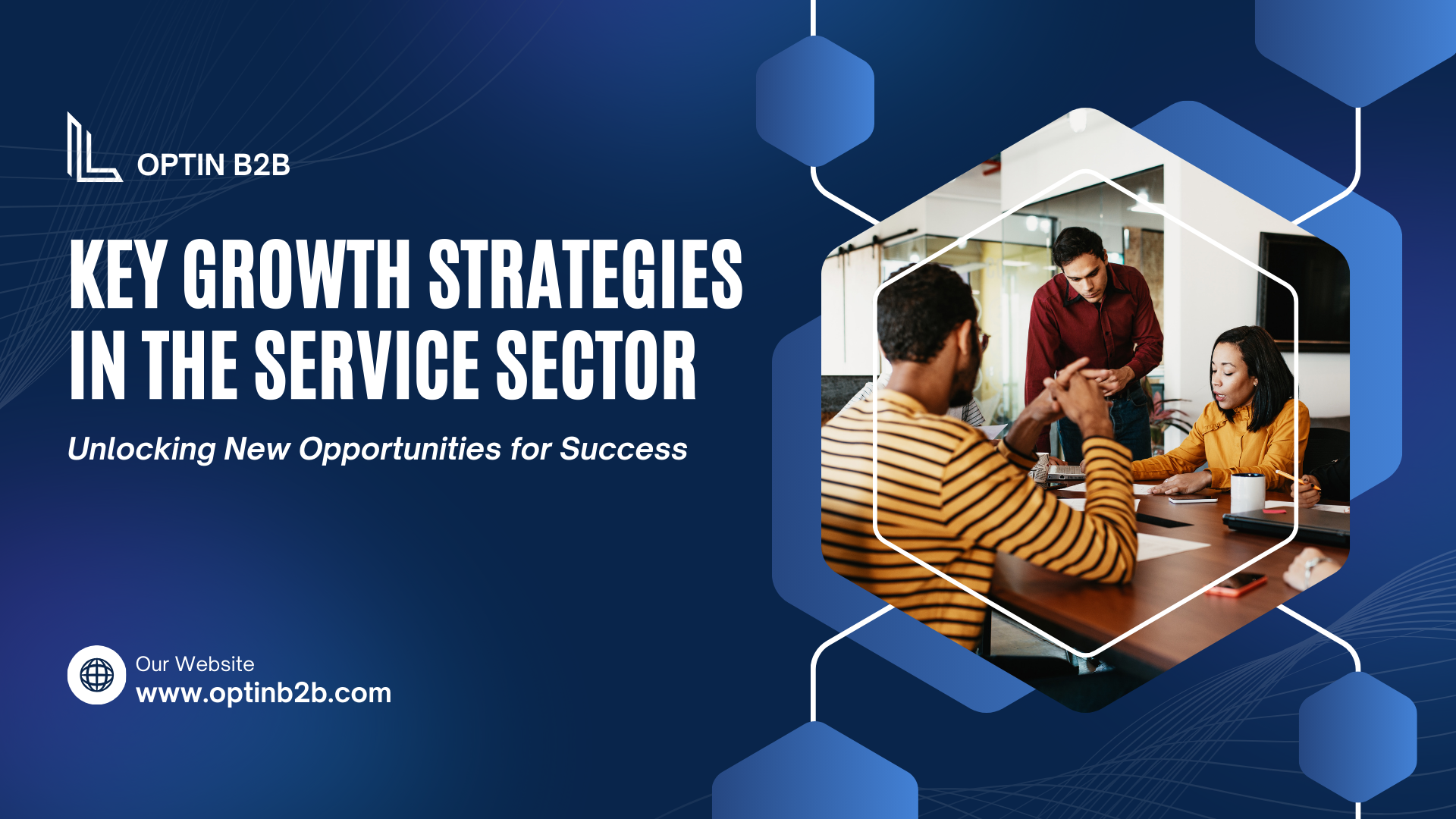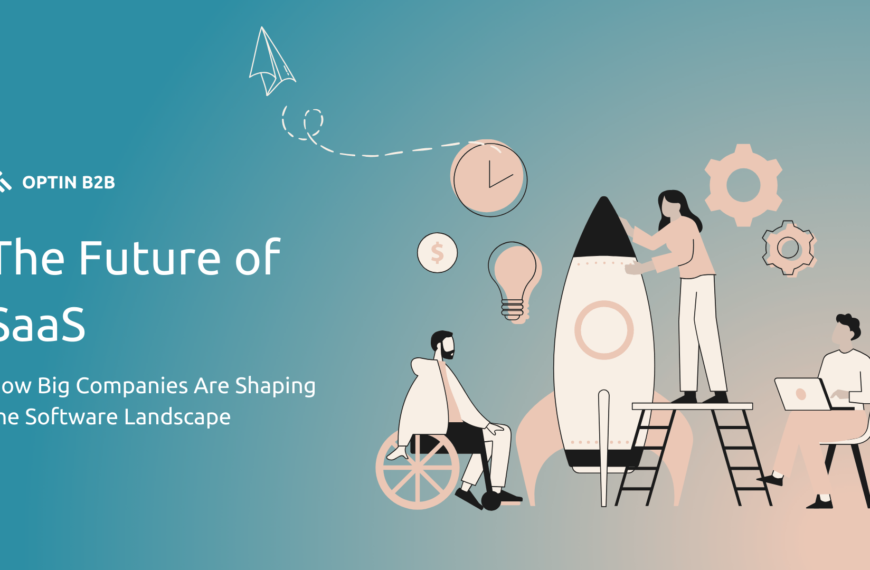The startup ecosystem continues to thrive, but emerging companies face unique challenges as they aim for growth and scalability. In 2025, navigating the dynamic landscape requires a balance between embracing opportunities and overcoming obstacles. This article explores the key challenges and strategic opportunities awaiting startups in the coming year.
Navigating Talent Acquisition and Retention
Securing top talent remains one of the most pressing challenges for startups. With the demand for skilled workers soaring, companies must offer more than competitive salaries—they need to foster a culture of innovation and inclusivity. Remote work trends have broadened the talent pool, enabling startups to recruit globally, but also intensifying competition. Startups like GitLab have succeeded by prioritizing transparency and flexibility, creating environments that attract and retain talent.
Harnessing Technology to Scale
Technological innovation is a double-edged sword for startups. While it offers tools for automation, analytics, and customer engagement, choosing the right technology can be daunting. In 2025, emerging trends like AI-driven decision-making and blockchain for secure transactions will dominate the startup scene. Companies such as Zapier, which focuses on workflow automation, are helping other startups save time and scale faster.
Capitalizing on Market Gaps
Startups thrive when they address unmet needs. By focusing on underserved markets or creating entirely new categories, they can establish strong footholds. For example, Clubhouse capitalized on the demand for audio-based social networking, achieving rapid adoption. Startups should continuously analyze consumer behavior and industry trends to identify and act on emerging opportunities.
Overcoming Financial Challenges
Access to funding is crucial for startups, yet raising capital is becoming increasingly competitive. Venture capital firms are now seeking more validated traction and stronger proof of market fit. Bootstrapping and crowdfunding are viable alternatives that allow startups to maintain control. Companies like Patreon have pioneered direct support models, empowering creators and businesses alike.
Expanding Sustainably
Sustainability is no longer optional—it’s a core component of modern business strategies. Startups must balance growth with environmental and social responsibility to resonate with consumers and investors. Brands such as Allbirds, which champion sustainable materials, have demonstrated how aligning with global sustainability goals can drive both profitability and positive impact.
The startup world in 2025 is filled with both challenges and opportunities. Success will depend on a company’s ability to adapt, innovate, and maintain a clear vision. By embracing technology, addressing market gaps, and fostering inclusive cultures, startups can unlock their growth potential while contributing meaningfully to the global economy.

